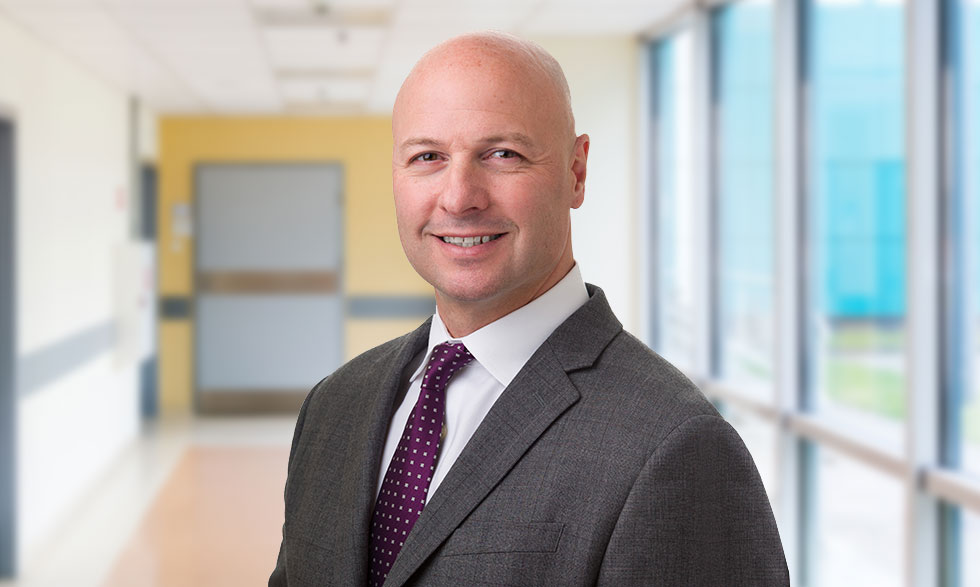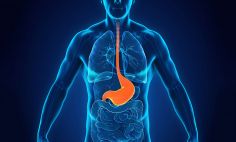Working with NIH's National Institute of Diabetes and Digestive and Kidney Diseases, John Pandolfino, M.D., studies how to improve intestinal pain like heartburn.
He works at Northwestern University, where he teaches and leads a team of researchers.
Dr. Pandolfino spoke to NIH MedlinePlus magazine about new research in this area and advice for people experiencing heartburn and related issues.
Why did you decide to study heartburn?
When I was a fellow and trainee at Northwestern University, some of the best research focused on gastrointestinal motility and physiology. This refers to the contraction of the smooth muscles in the gastrointestinal tract.
What inspired me about this area is how logical it is. It uses laws of fluid dynamics and biomechanics.
It was also interesting to me because I come from a family of plumbers. In some ways, I feel like I stayed in the family business. I'm just a human plumber that tries to prevent clogs, blockages, and things from going backwards.
Tell us about your recent research.
We've been looking at how well diagnostic tests can identify specific markers and measurements that may help us predict who needs to reduce or increase their reflux therapy.
For example, we use a wireless capsule that monitors the overall acid burden over four days. You swallow it, and it safely travels through your digestive tract just like a piece of food.
This can help us predict who with heartburn symptoms actually needs a PPI—or proton pump inhibitor. PPIs are a group of drugs whose main purpose is to reduce the production of stomach acid. We want to identify which patients can get off it in favor of other therapies and those who truly need it.
What has your research found?
We can now help patients better understand why we have to keep them on medicine—or don't.
For example, for people who do not show any evidence of acid burden through capsule imaging, they can stop their PPIs.
We also found that in people who do have considerable acid burden, we could more easily identify who might need something more dramatic than PPIs, such as an endoscopic or surgical procedure to strengthen the reflux barrier.
What effects might this have on how health professionals treat patients?
It helps give patients an important message that we're not guessing whether or not you need this medicine—we're telling you. We're not going to give you medicine if it's not going to help you.
It sounds very simplistic, but this would be such a cost-effective strategy for people.
What advice do you have for people experiencing heartburn?
See your primary care provider. They will assess your overall risk for developing something called Barrett's esophagus. This occurs when the cells in the lining of your esophagus are damaged from acid reflux. If the cells develop abnormally, it could lead to esophageal cancer.
People with heartburn can do plenty to manage symptoms on their own, too. This includes eating well, losing weight, exercising, and reducing stress. Stress reduction will cause a dramatic reduction in your symptom severity.
For people on PPIs, never look at it as if you have to have this kind of treatment for the rest of your life. If you have heartburn and need a PPI, you should first work on lifestyle modifications. It's amazing how many people can get off the PPI and maybe just use antacids when they need them.







